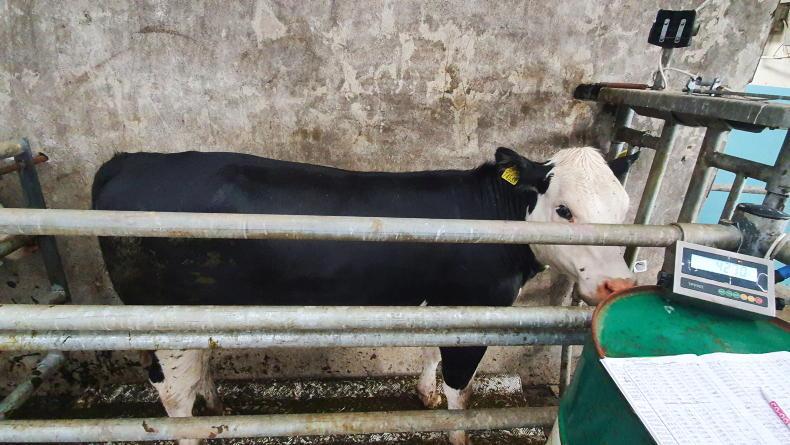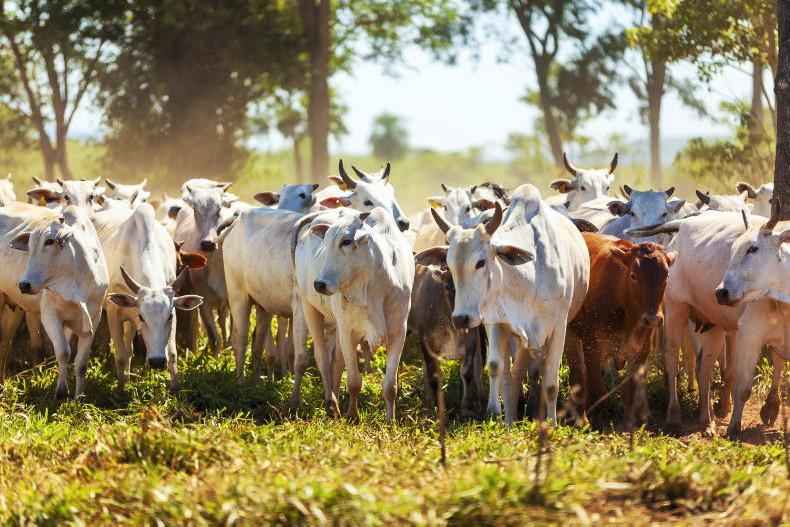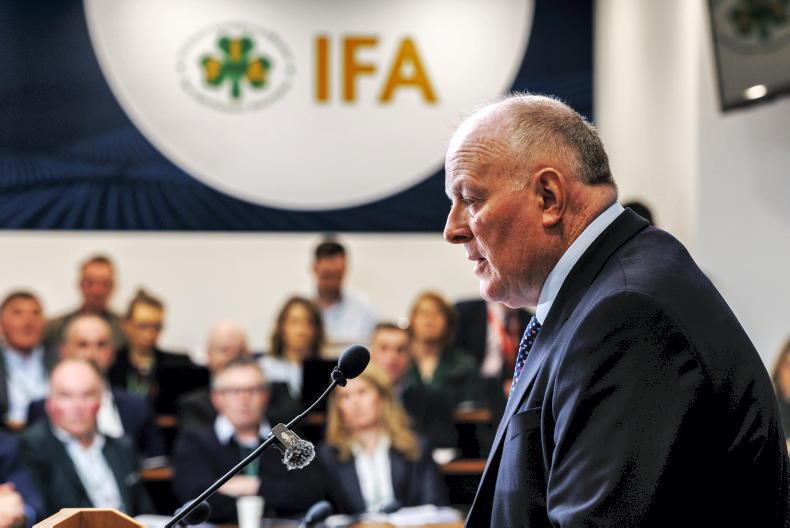The measures that will be needed for the farming sector to reach its legally-binding emissions reduction target of 25% by 2030 will be voluntary for farmers to implement, the Government has said.
The clarification comes as Minister for Agriculture Charlie McConalogue stated that the process of updating the ag-climatise roadmap to reflect the 25% reduction target would be progressed “this autumn”.
The Minister suggested that the recommendations put forward by the Food Vision dairy and drystock groups would form the basis of this emissions reduction roadmap.
“My priority now is to work with stakeholders on supporting and delivering these targets," he said, adding that the ag-climatise roadmap is to be "updated as soon as possible, which will incorporate new recommendations from the Food Vision dairy and beef committees."
He said that he had already "configured our supports, such as the CAP strategic plan" towards achieving these targets.
TDs from rural areas in both Government and the opposition had told the Irish Farmers Journal that the prompt publishing of this roadmap was needed to clarify their reservations on the farming sector target.
Land use and forestry
Also announced by Government was the postponement of the land use, land use change and forestry (LULUCF) sectoral emissions ceiling, citing changes to the Environmental Protection Agency’s (EPA) reporting on the emissions coming from land.
“This decision has not been taken lightly, but reflects the complexity and uncertainty associated with the quantification of emissions arising from this biological system,” Minister McConlogue said.
‘Fair’ and ‘achievable’
Minister for the Environment and Green Party leader Eamon Ryan commented that all sectoral targets were “fair, appropriate and, importantly, based on what is achievable”.
“We have also agreed additional resources and commitments to scale up and speed up our progress on solar, off-shore wind, anaerobic digestion for nature, and agro-forestry,” Minister Ryan said.
The Government had stated that there will be “generous financial incentives” for farmers to take up the emissions reduction measures on announcing the sectoral targets.
The Irish Farmers Journal is awaiting clarification from the Department of the Environment on whether these “resources” will be additional to those which had been previously announced.
‘Farmers will play their part’
Tánaiste Leo Varadkar recognised that farming’s sectoral emissions reduction target was that which was “most contentious”.
“It’s a 25% reduction against a society-wide target of 51%. Farmers will play their part. They are up for the challenge and we will help them every step of the way.
“Sustainable, efficient, Irish food production is essential. In the future, the world will need more food not less,” the Fine Gael leader commented.











SHARING OPTIONS